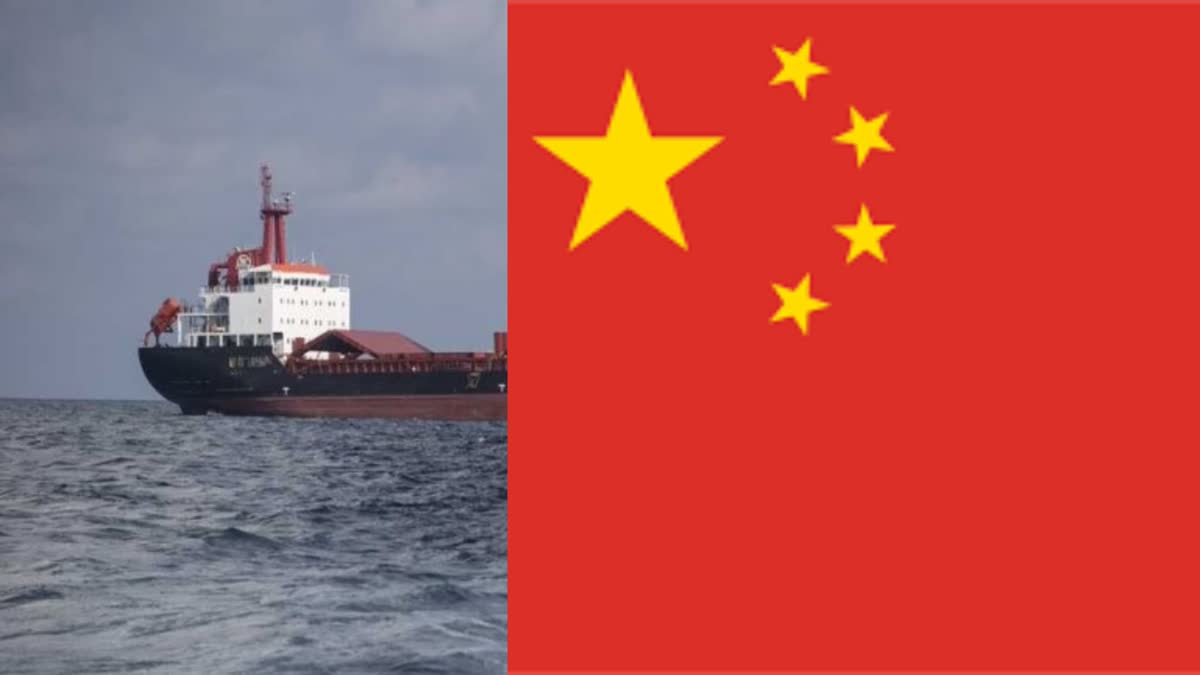The Government of Georgia confirmed recently (May 29, 2024) that a Chinese-Singaporean consortium dominated by the Chinese government won the tender for the construction and management of the strategic Anaklia deep-sea port in Georgia’s Black Sea. The winning consortium includes China Communications Construction Company Limited and Singapore-based China Harbour Investment Pte. Ltd.
The Port’s location is important for the planned Middle Corridor, a trade route between China and Europe that bypasses Russia. There are multiple geopolitical implications of this announcement. First and foremost, the Port project will help China establish its palpable presence in South Caucasus- a region contested for influence between US+EU and Russia ever since the three countries in the region (Armenia, Azerbaijan and Georgia) emerged as independent states in 1992 following the collapse of the USSR.
Georgia is a relatively small but important country in South Caucasus due to the fact that it is located on the cross-roads of East and West; it is the only country in South Caucasus which has access to the Black Sea, and is currently a convenient transit for the Caspian Sea oil and gas from Azerbaijan to Turkey and further to Europe. Georgia’s importance in the Middle Corridor connectivity project is also acknowledged.
Historically, Georgia is one such country in the region which, since its independence in 1992, vigorously pursued from the very beginning a unidimensional foreign policy of full integration with Euro-Atlantic structures namely NATO and EU. For decades, Georgia’s relations with neighbouring Russia have remained strained. The two countries fought a war in August 2008 over Georgia’s breakaway regions, namely Abkazia and South Ossetia.
In recent years, however, there have been clear signals that Georgia is seeking to make departures and diversify its relations. Georgia is apparently disillusioned over the prospects of NATO/EU Memberships, and its ruling party (Georgia Dream) now considers it wise to dilute its anti-Russia stance.
The first important signal was the elevation by Georgia of its bilateral relations with China to strategic partnership in July 2023. Earlier in 2017, Georgia entered into a Free Trade Agreement with China.
Simultaneously, there have been ample signals of slow and steady rapprochement between Georgia and Russia. Since Russia’s full-scale “Special Military Operation” in Ukraine in 2022, Georgia has abstained from joining anti-Russian rhetoric/sanctions by its Western partners, nor has it openly criticized Moscow for its actions in Ukraine.
Recently, in June 2024, the ruling party in Georgia went ahead, despite popular resistance, with a law which places severe restrictions on the NGOs receiving foreign funding; this is popularly perceived as an act prompted by Russia to restrict the influence of western powers in Georgia.
The growing presence of China in the South Caucasus is an indicator that Russia – in confrontation with the USA and Europe over Ukraine - is apparently willing to cede some strategic space to China in the Central Asia and South Caucasus - the regions which Russia considers as post-Soviet space and areas of its natural influence. Or alternatively, Russia and China have agreed to act in tandem in this geo-strategically important region to dilute the traditional Western influence.
It is noteworthy that only a few Kilometres away from the Arakali Port, Russia is developing a naval base at the Port of Ochamchire in the Black Sea coast of Abkhazia, a breakaway region of Georgia and a self-declared independent country but under complete control of Russia. India and its partners in the West (USA and EU) are genuinely concerned over China’s Belt and Road Initiatives (BRI) projects as these projects have resulted in debt traps and dilution of sovereignty of smaller partner countries.
More importantly, there are apprehensions that China may eventually use some of these strategically located ports and airports for military purposes. Initiatives such as G7’s Partnership for Global Infrastructure and Investment (PGII) and India-Middle East-Europe Economic Corridor are seen as attempts to counter China’s BRI.
Yet, the West failed to predict and prevent the Arakli Port project falling in the lap of China, despite the fact that the USA and EU have enjoyed considerable influence in Georgia. Ideally the EU in its own interest served by the Middle Corridor should have taken the lead to develop this port . It may be mentioned that the US was associated with the project when it was originally floated in 2012 but could not take off.
Where does India stand in the given context? India’s links with the South Caucasus can be traced to distant past. However, in modern times, India has forged close ties only with Armenia in the region. The level of political interaction with Georgia and Azerbaijan has remained low as reflected in the absence of any high-level visits between India and these two countries since 1992. Azerbaijan accords preference to Pakistan over India. Georgia’s case, however, is different; it began to reach out to India almost 15 years ago.
For reasons best known to policymakers, India has slow-peddled its bilateral ties with Georgia. So, has India missed the bus in establishing a meaningful presence in the region beyond Armenia when the strategic space in Georgia was perhaps available? The region is important for India in the context of its stakes in the connectivity projects including International North South Transport Corridor linking Mumbai with St. Petersburg in Russia through Iran, Central Asia and South Caucasus, and also with Europe through available networks in South Caucasus.
It will not be completely out of place to mention that Russia’s influence in its close ally Armenia in South Caucasus is showing signs of decline. Armenia is apparently disappointed over Russia’s failure to live up-to its expectations during Armenia’s conflict with Azerbaijan over Nagorno-karabakh. The Armenian PM has gone public in declaring Armenia’s intention to walk out of the Russia-led security and economic structures.
In short, Georgia’s strategic partnership with China, its dilution of anti-Russia positions, Armenia’s loss of confidence in Russia and tilt towards the West are important signals of significant geopolitical re-alignment in South Caucasus which India must watch with caution and also act if feasible.



